Confraternities of Portugal: culture and tradition at the table
There are about a hundred confraternities in Portugal, created to perpetuate the uses, customs and traditions of gastronomy and Portuguese products.
Always dressed properly, there are many men and women who get together with the same interest and purpose, in the Confraternities of Portugal, to perpetuate a unique living heritage of products, dishes with tradition or even the set of representative gastronomy of a region. Enthronement ceremonies include oaths, rituals and, of course, a passion.
We all know that some of the most unforgettable moments of our lives are celebrated at the table: this is where great friendships and the best deals are made. In the coziness of a meal, a snack or a glass of wine, and without leaving the table, it is also possible to take a true cultural trip, so All About Portugal made a list of eight Confraternities of Portugal, which celebrate mandatory delicacies. Sharpen your palate and join us and, who knows, you might even end up being invited to one of the Confraternities of Portugal and be part of a curious enthronement ceremony that will make you feel like the protagonist of “The Name of the Rose”, the work of Umberto Eco.
Broa de Avintes Confraternity - Vila Nova de Gaia
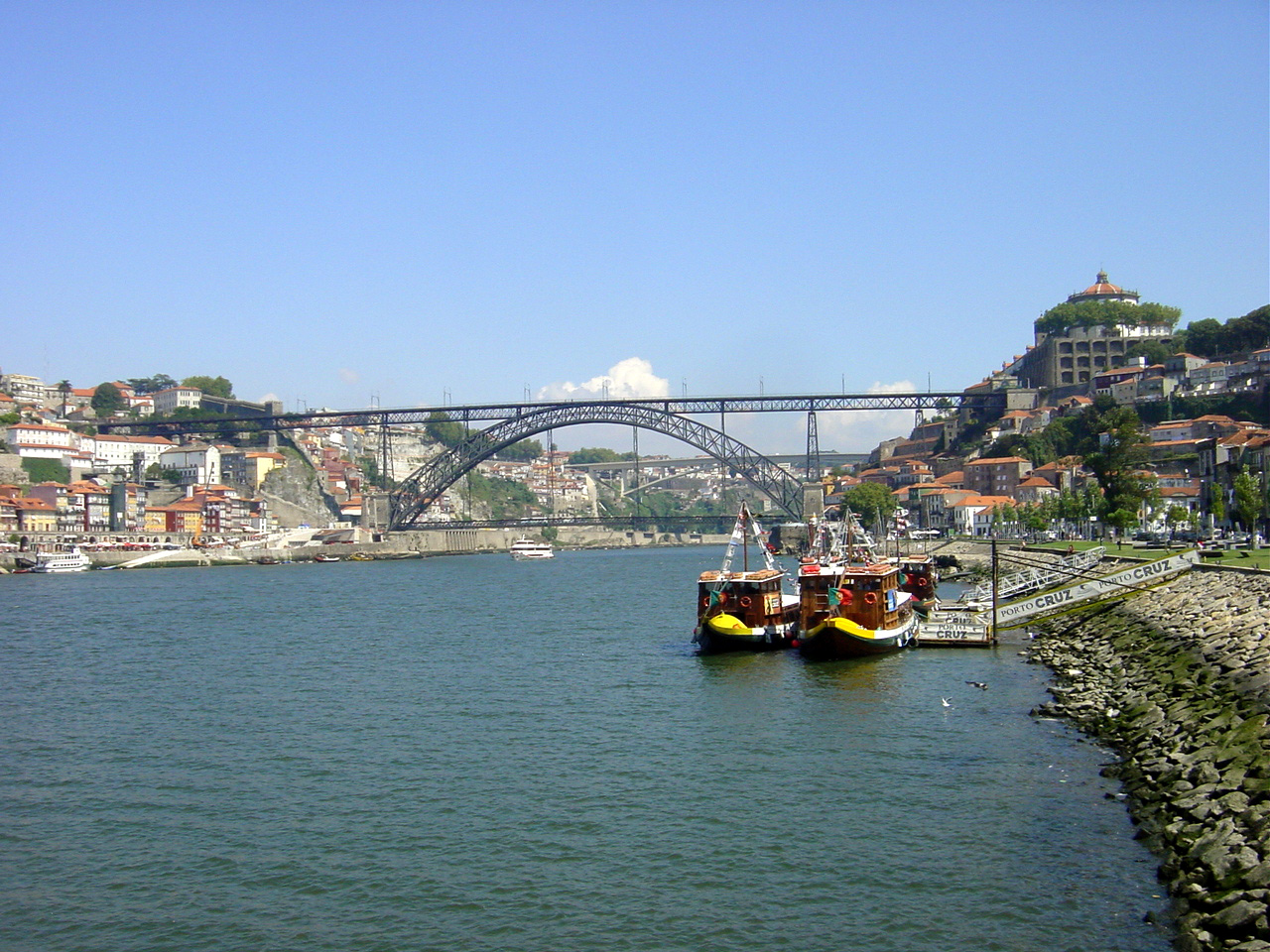
It is a dark bread, made from a mixture of white corn and rye flour, to which honey is added, which gives it a bittersweet taste. And for the famous Avintes Bread to be cooked, it takes many hours in a wood oven. Secrets, superstitions, history dating back to King D. Dinis and stories – that include beautiful and robust female sellers – are associated with this delicacy. Dressed in brown, the bread's color, the Confrades da Broa de Avintes, one of the oldest Confraternities in Portugal, born in 1997, do not forget the rich history they have to tell and thus celebrate this wonder in the form of a bell tower.
Leitão da Bairrada Gastronomic Confraternity - Mealhada

With crispy and crunchy skin and a melting meat, Leitão da Bairrada (piglet) was considered one of the 7 Gastronomic Wonders of Portugal, reason enough to attract thousands of visitors to this region. There are many requirements for cooking, and they start with the quality of the product: the piglet must be born and raised in the Bairrada region ("Bísaro" or "Malhado" from Alcobaça breed), the mother must have a natural diet, it cannot exceed 8 kg and must be less than a month and a half. The biggest defender of this specialty is the Leitão da Bairrada Gastronomic Confraternity, together since 1995, who try to preserve its quality and its centuries-old characteristics and traditions.
National Confraternity of Sparkling Wine - Lamego
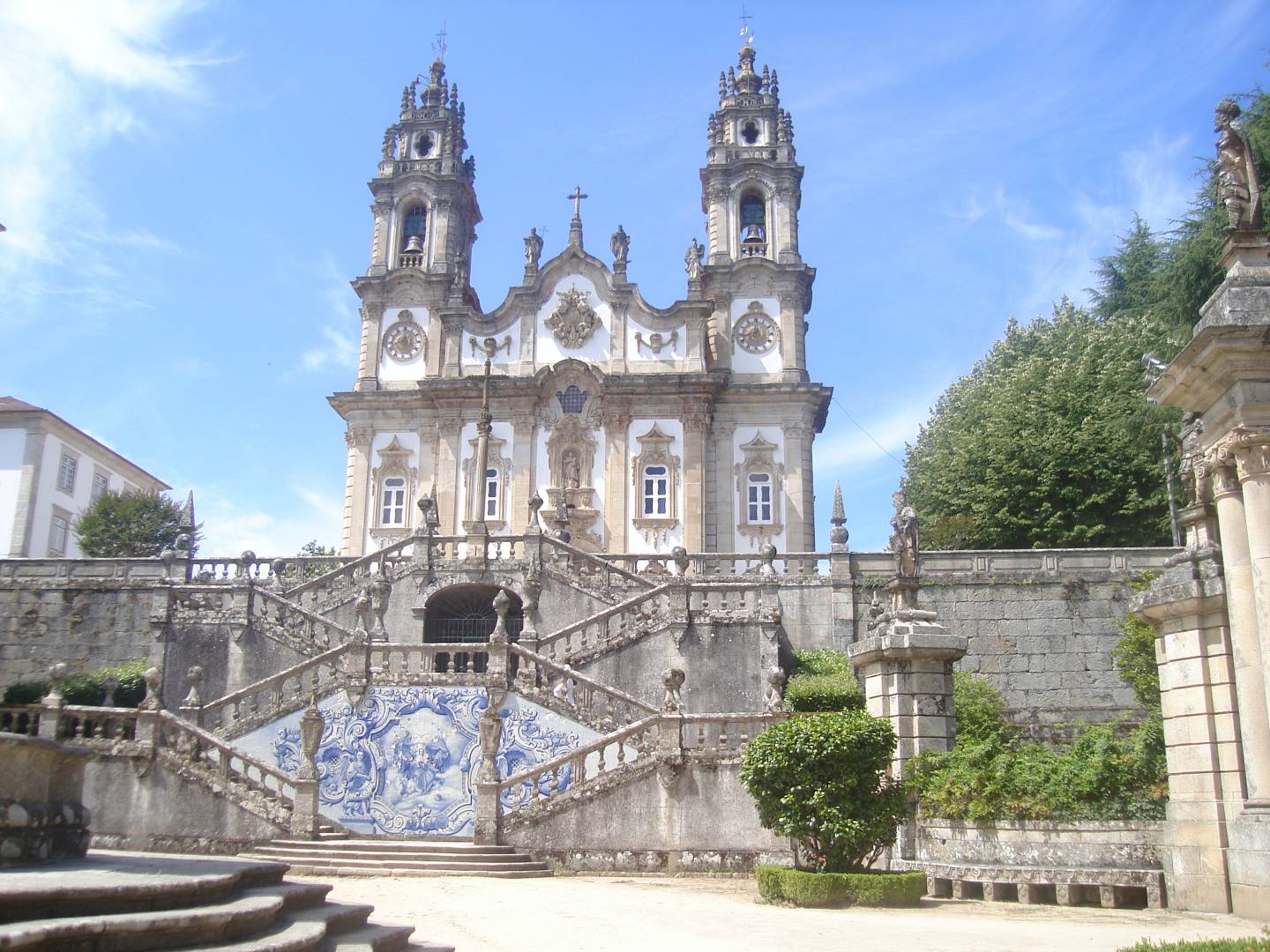
It is impossible to talk about Leitão da Bairrada without thinking of a bubbly and fresh sparkling wine to go with this meal. Lamego is the birthplace of this precious liquid which took its raw material from the original grape varieties of Champagne, in France, eventually establishing itself as a product of national character. The prestige of the region's wines dates back to the 16th century and was definitively established with the production of Raposeira sparkling wines, a company founded 120 years ago. In 2005, the National Confraternity of Sparkling Wine was created, which researches the origins and history of sparkling wine and produces information on its different types.
S. Jorge Cheese Confraternity - Azores
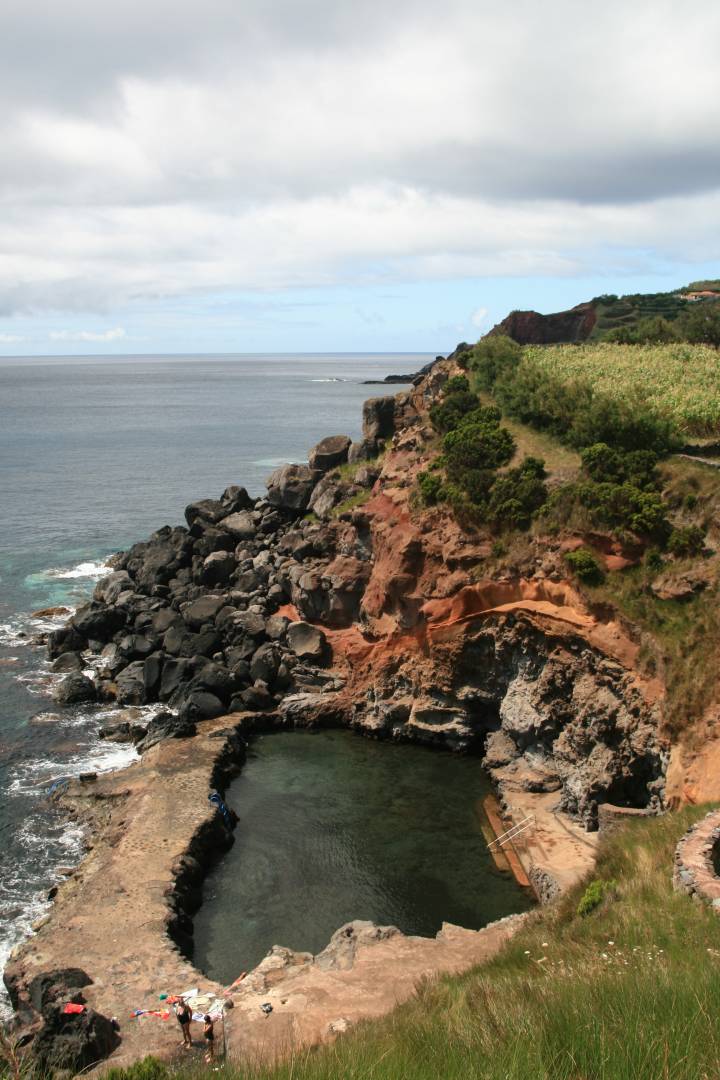
Its production method has been practically unchanged since the 15th century, when the island was discovered. The story goes that its manufacture was encouraged by the Flemish community, experienced producers of meat, milk and dairy products. 500 years have passed and, today, the control and certification body is the S. Jorge Cheese Confraternity. With a strong, slightly spicy and unforgettable flavor, this is a cured cheese, hard or semi-hard, with a yellowish color. Its unique characteristics are due to the climatic conditions of the region, which originates pastures of varied cultures, and influence the quality of the milk.
Confraternity of the Aveiros's Ovos Moles - Aveiro
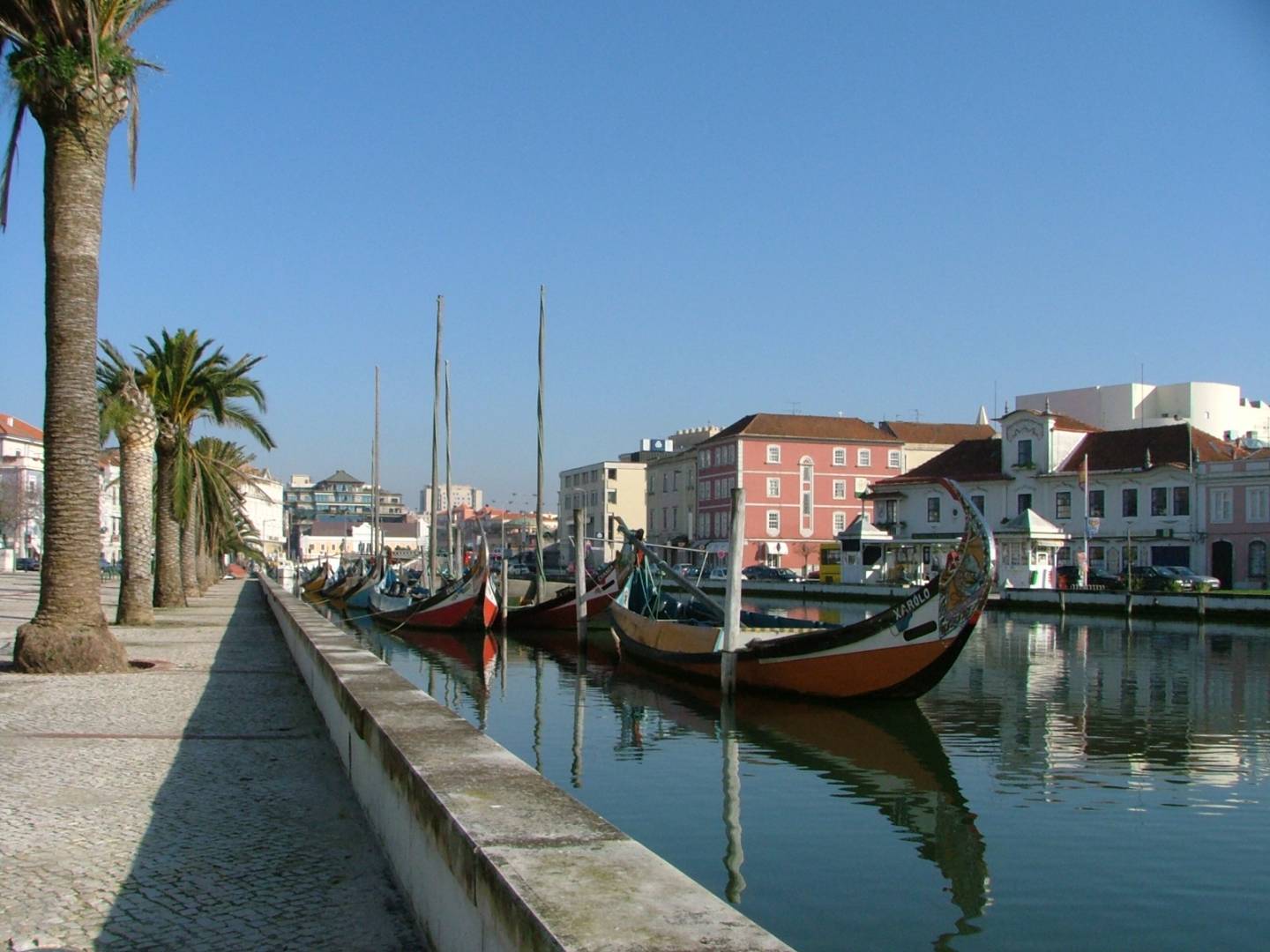
Dressed in yellow, at the Confraternity of the Aveiros's Ovos Moles, each of its confreres "swears to take the Aveiro's Ovos Moles to the whole world. If he doesn't eat them first!" The oath gives us an idea of what awaits us: a small delicacy made with egg yolk and covered with wafer molds that lives up to the motto “size does not matter”. The original formula and production method were born in the convents of the Aveiro area, in past centuries, where the nuns used egg whites to iron their habits, while the yolks, were used for pastry. But this is only part of the version of the story, of this specialty that has remained in the region for centuries.
Olive Oil Confraternity - Cova da Beira
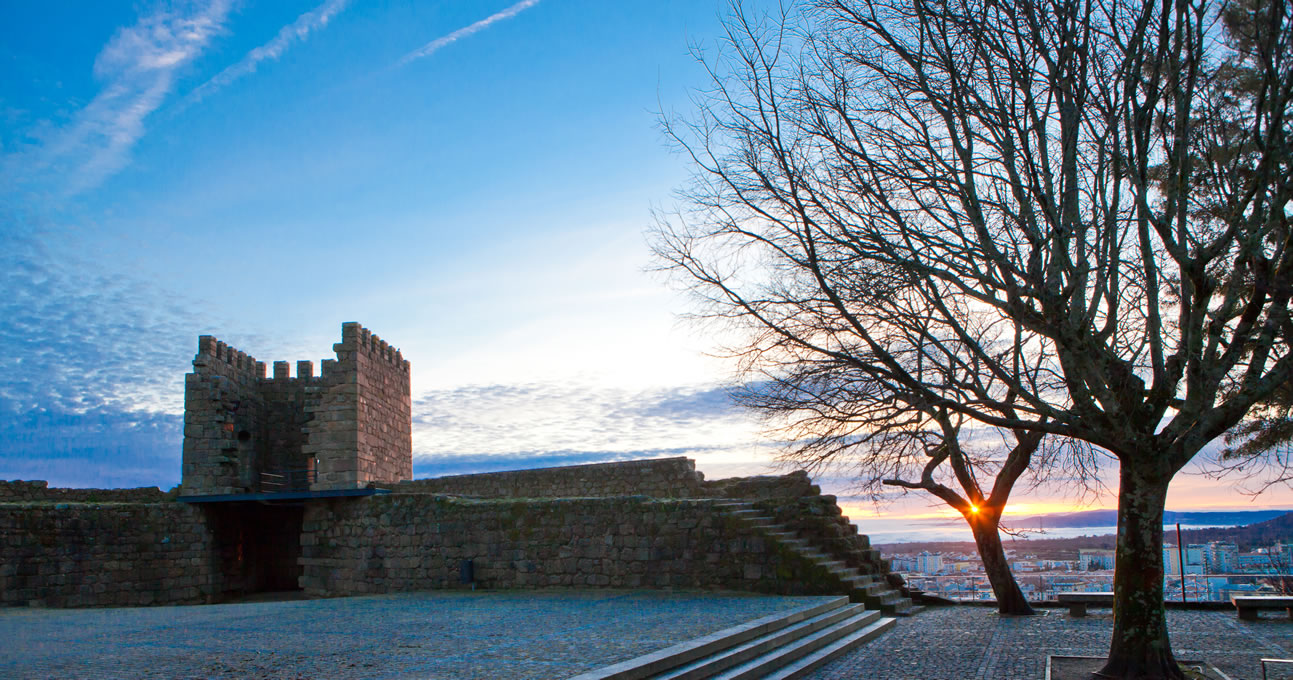
It is as a star of the Mediterranean diet that this “liquid gold” has been celebrated, since 2004, by the Cova da Beira's Olive Oil Confraternity. Considered one of the best in the world, Portuguese olive oil has, in this Portuguese Confraternity, its defender and promoter. Also, it is considered a key product for the economy and health. But its versatility goes beyond gastronomy, as it is used for numerous purposes: from cosmetics to pharmaceuticals. Religious rituals, symbolism and beliefs are linked to olive oil and olive trees, and the oldest records show the existence of olive trees in Portugal at the time of the Visigoths, between the 6th and 8th centuries AD.
Confraternity of the Alentejo Oenophiles - Évora
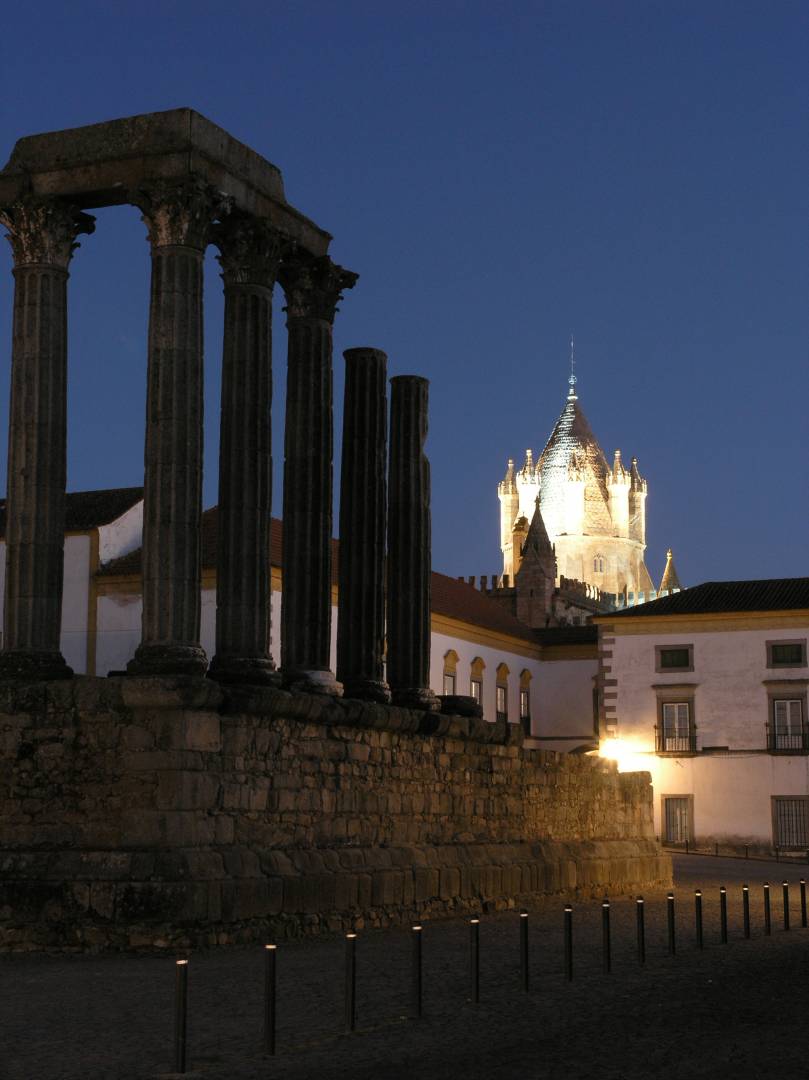
Portugal is known for the large number of native grape varieties – there are more than 250 –, which makes it possible to produce a wide range of wines with very different personalities. Apparently, the origin of wines in Portugal dates back to around 2000 B.C. and the Alentejo is one of the wine regions with a great tradition, where aromatic and fresh white wines are produced, as well as intense and full-bodied reds. It was based on this feeling of the cultural expression of vines and wine that the Confraternity of the Alentejo Oenophiles was created in 1991 (another of the oldest Confraternities in Portugal), which celebrates and protects the nectar of the gods that come from the Alentejo lands.
Recommended
